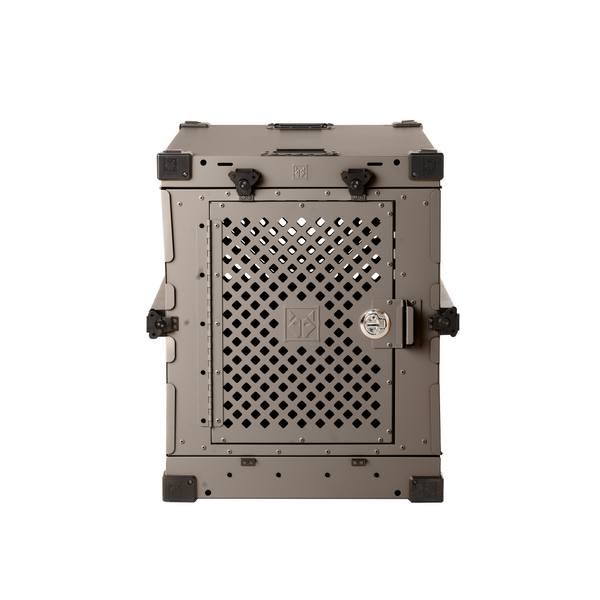Just like we take a daily multivitamin or enjoy a smoothie packed with greens, it’s natural to wonder whether our pets need the same kind of nutritional boost — after all, they’re part of the family. Before you add a scoop of powdered “superfoods” to your dog’s breakfast, let’s take a closer look.
Do Dogs Need Supplements?
The short answer? Sometimes. But not always.
A healthy dog eating a high-quality, well-balanced, and complete dog food usually doesn’t need any extra supplements. However, there are certain situations where supplements can be helpful.
When Could Supplements Be Helpful?
Here are a few instances where your veterinarian might recommend supplements:
-
When nutrient deficiencies are confirmed through lab tests (e.g., low iron, calcium, or vitamin B12)
-
Acute health issues (like joint pain, nausea, digestive upset, or skin conditions)
-
Senior dogs that may benefit from added joint or cognitive support
-
Dogs on homemade diets that may lack key nutrients
-
Dogs recovering from surgery or illness, or those with a poor appetite
Why a Balanced Diet Should Be Your First Step
If your dog’s food is labeled “complete and balanced” according to AAFCO standards, it’s already formulated to provide everything your dog needs, including:
-
Essential vitamins and minerals
-
Proper ratios of protein and fat
-
Carbohydrates and fiber for energy and digestion
Adding supplements on top of an already balanced diet can throw things off. More isn’t always better. In fact, overdoing it on fat-soluble vitamins like A, D, E, and K can be harmful, as they can build up in your dog’s system over time.
Other Possible Side Effects Include (but Aren’t Limited to):
-
Upset stomach
-
Strain on organs, especially the liver and kidneys
-
Blocking the absorption of other nutrients or medications
In short: ALWAYS check with your veterinarian before giving your dog any supplement — even if it’s labeled “all-natural.”
Keep it Simple, Keep it Smart
For most dogs, a high-quality commercial food that’s made for their life stage and size is the smartest, safest choice. These foods are carefully formulated with the right balance of nutrients, no guesswork required.
If you’re thinking about adding a supplement, ask yourself:
-
🔹 Is this solving a real problem, or am I just trying to be proactive?
-
🔹 Did my veterinarian recommend this for a specific reason?
Final Consideration
A good-quality diet is the foundation of good health. Supplements can be helpful but only when used correctly.
Want to learn more about what your dog really needs? Check out our [dog nutrition tips and guides], or schedule a visit with your vet to get expert, personalized advice.
Your dog’s health isn’t about fads — it’s about facts.













